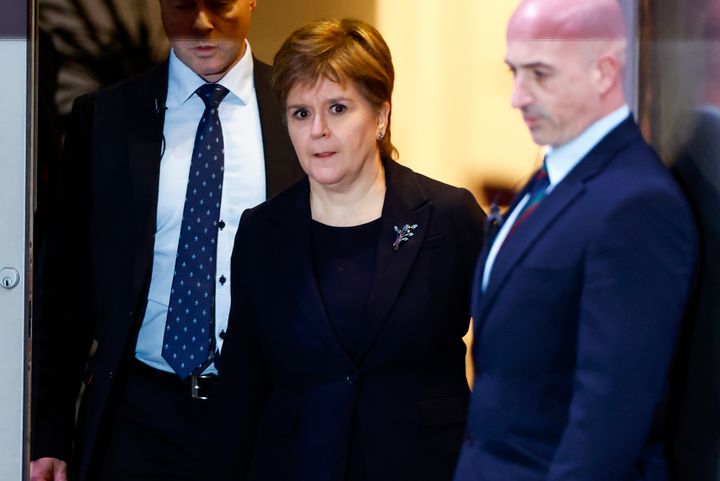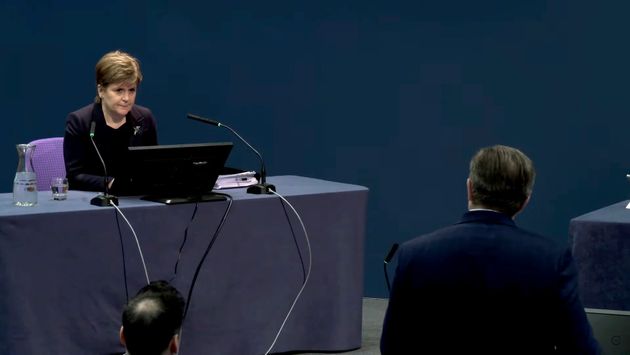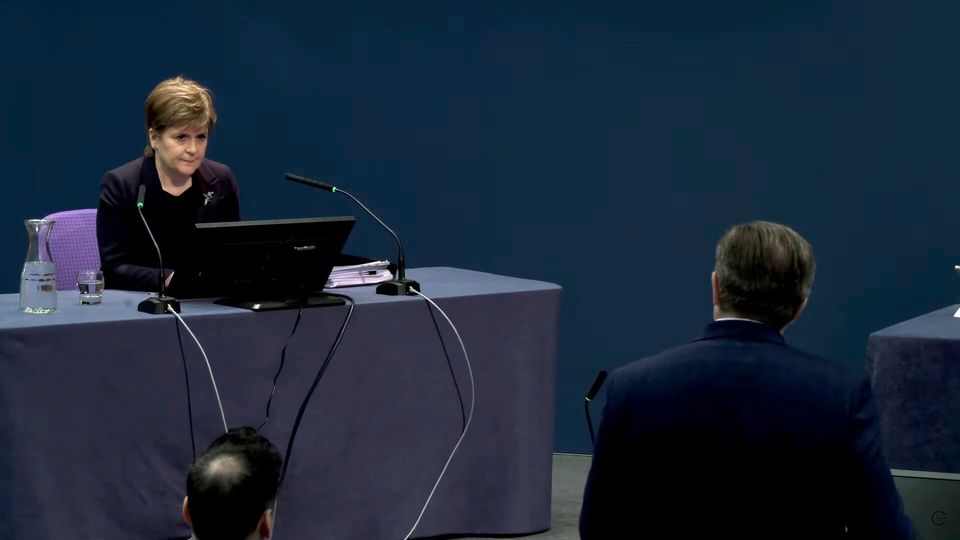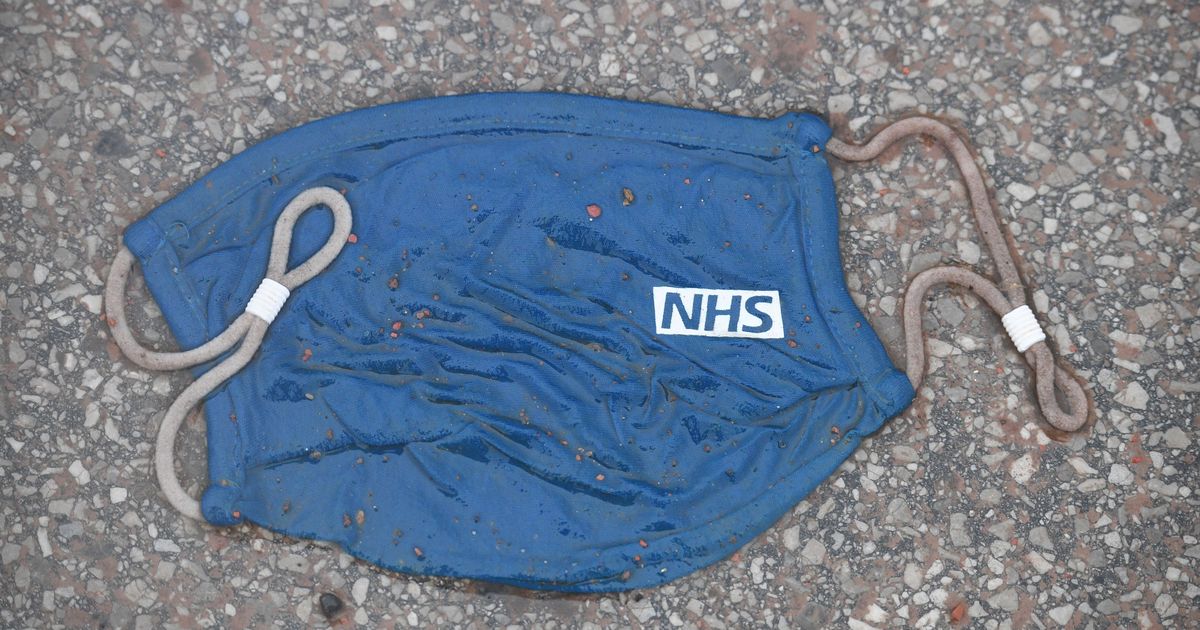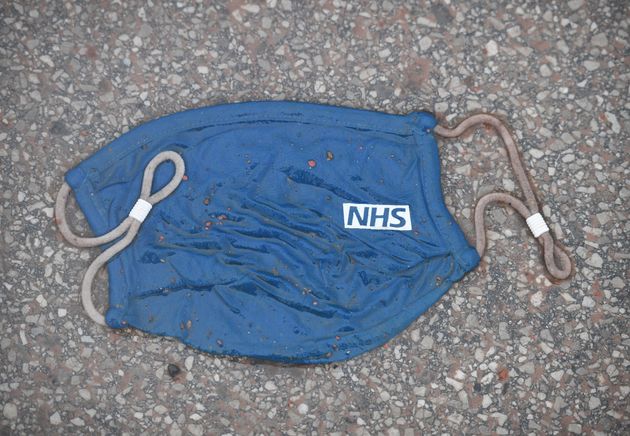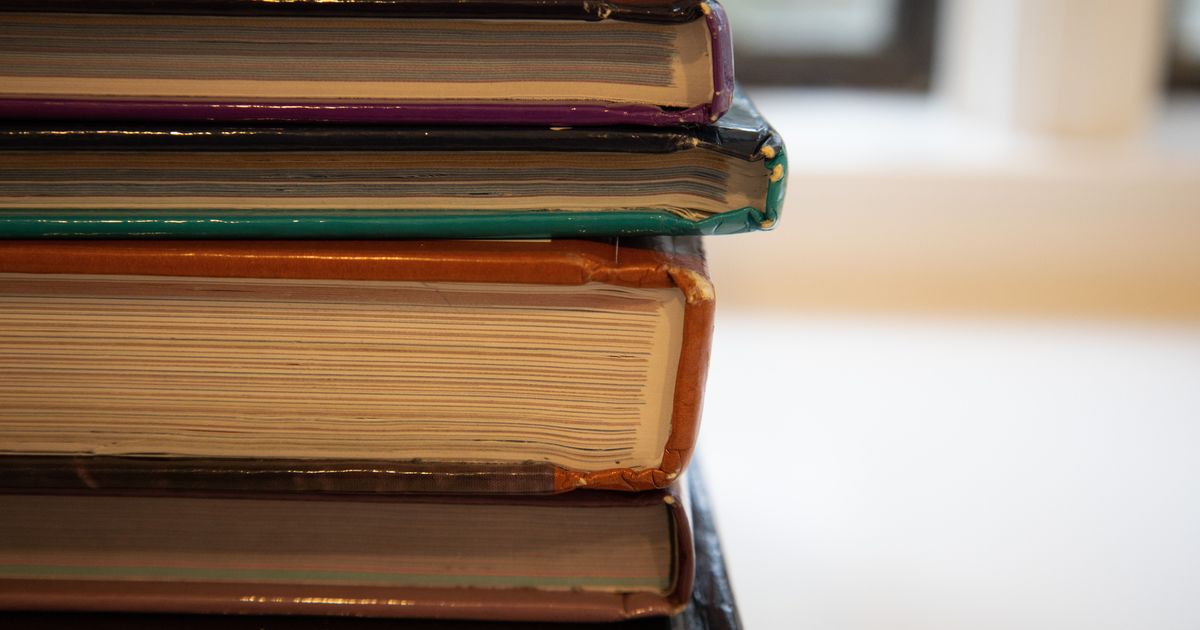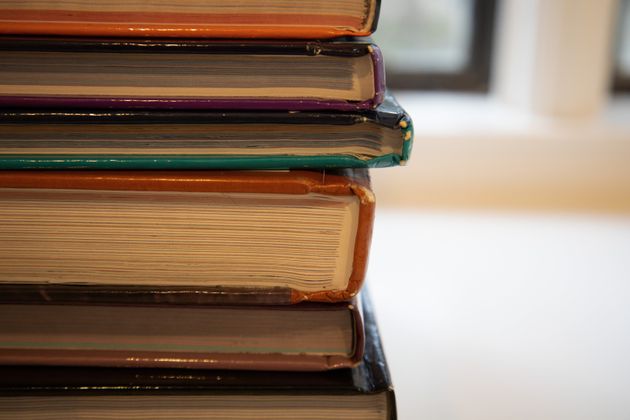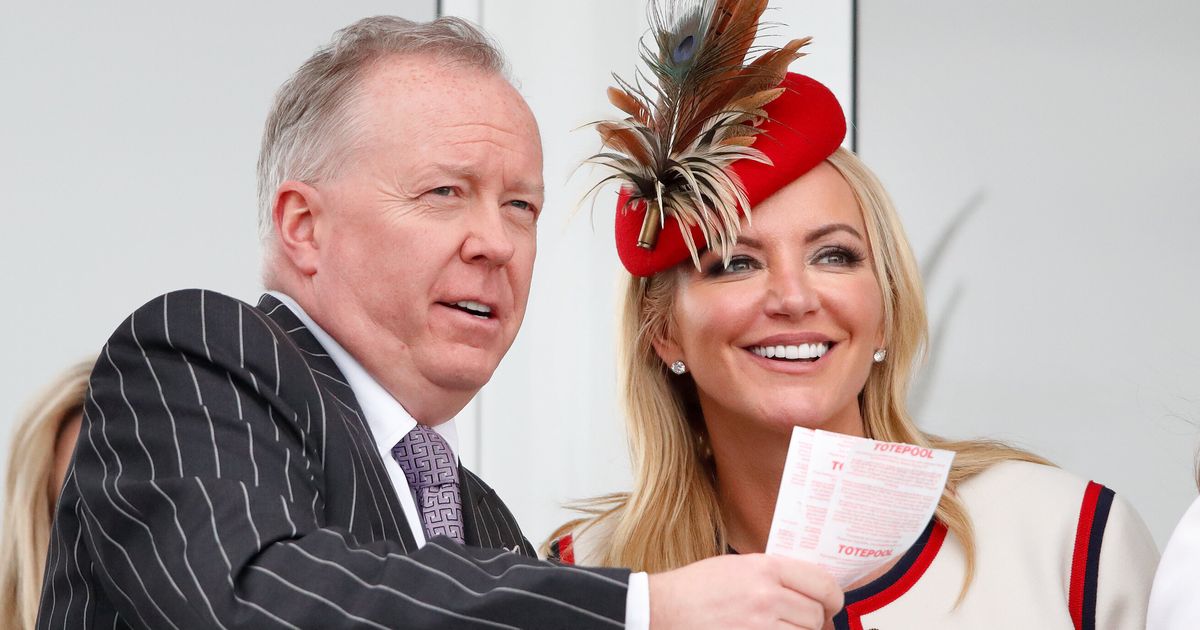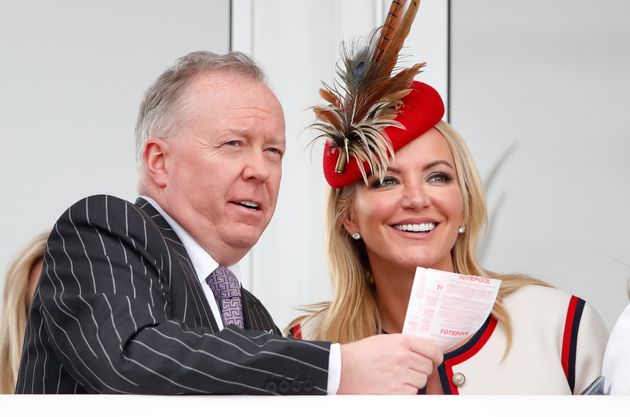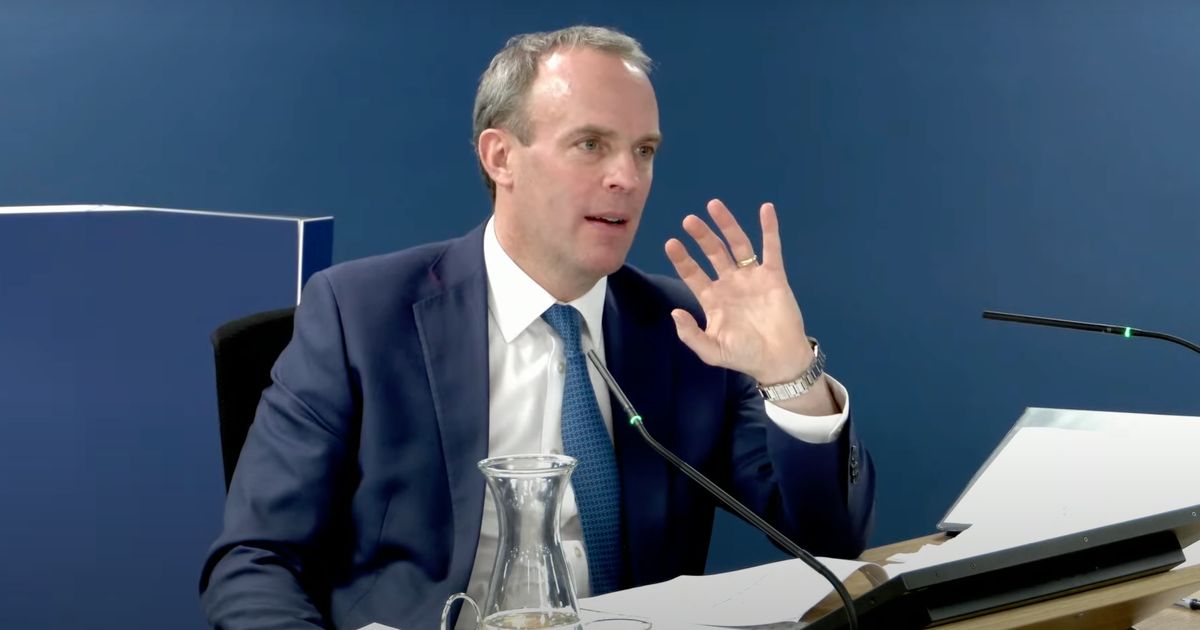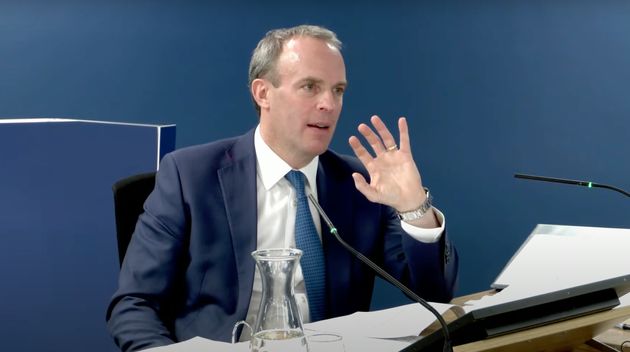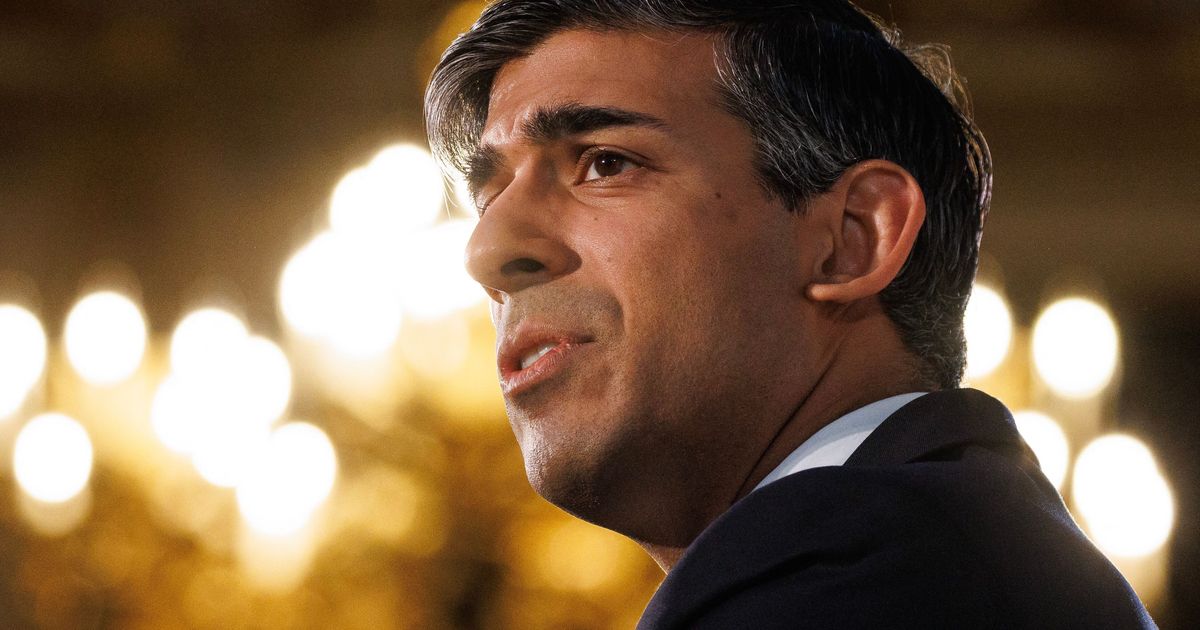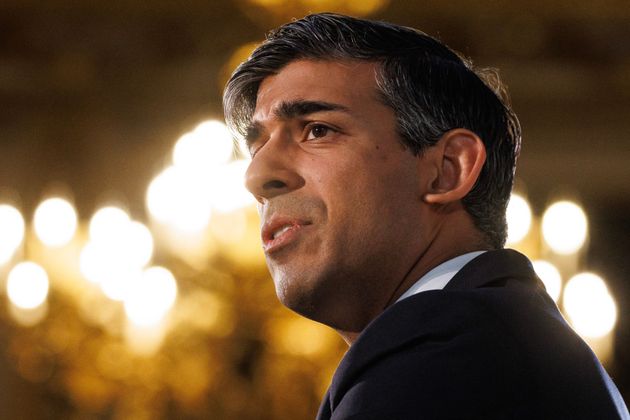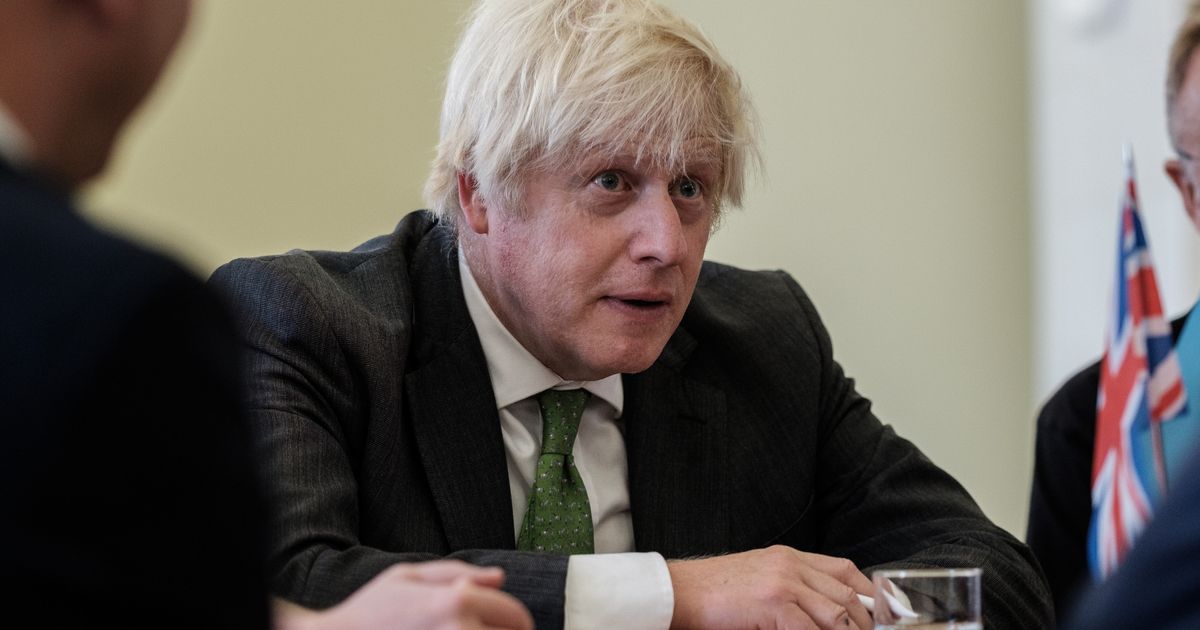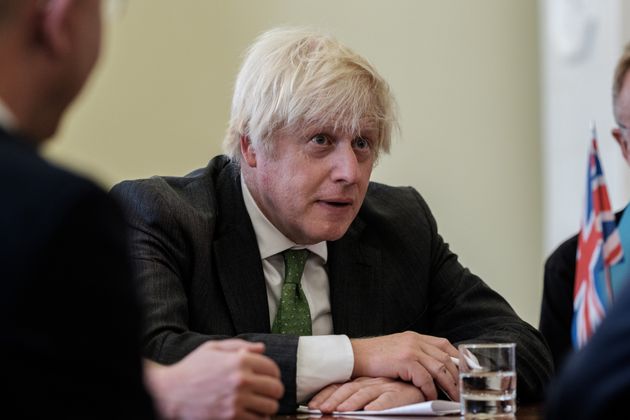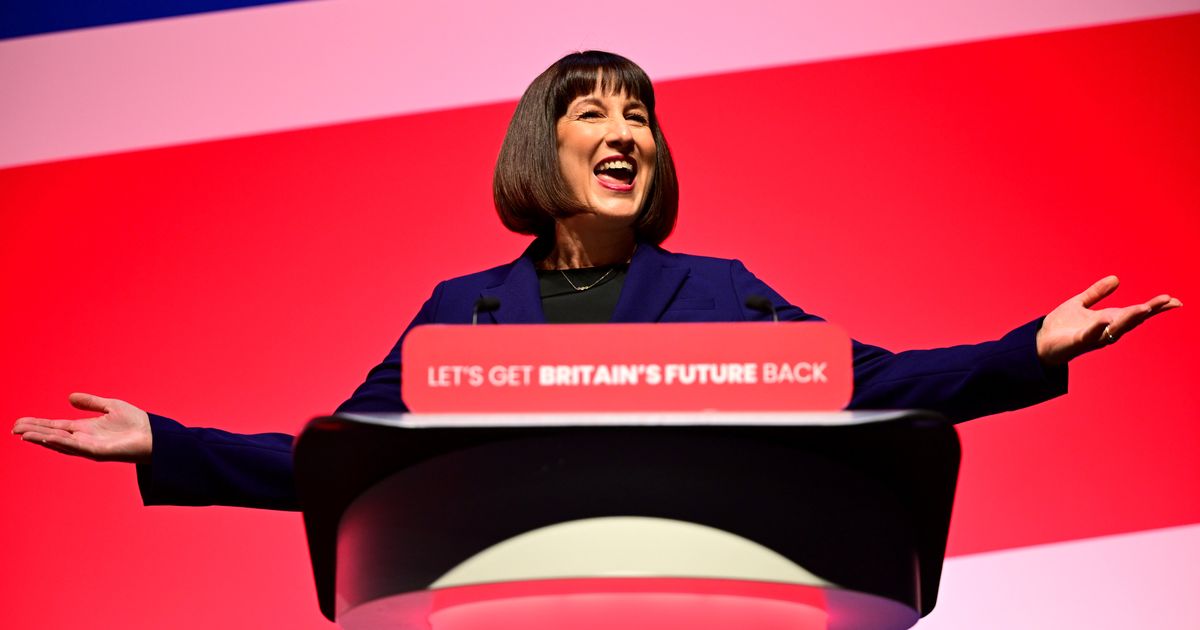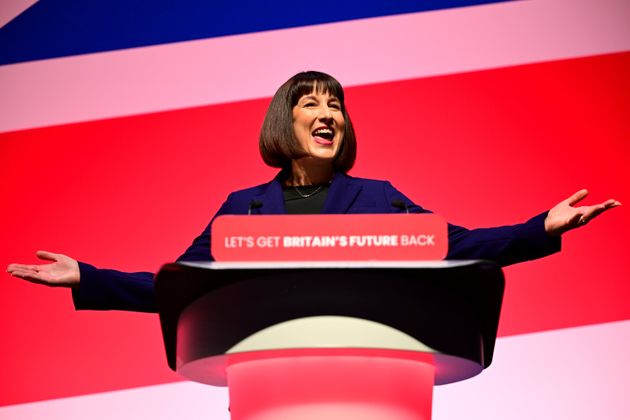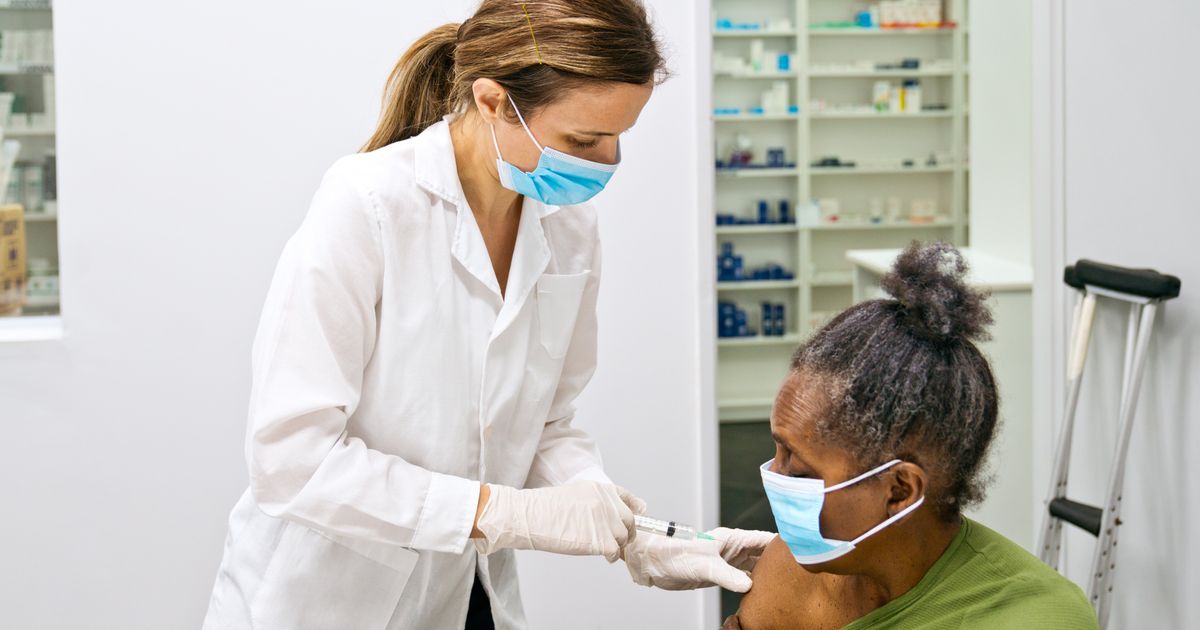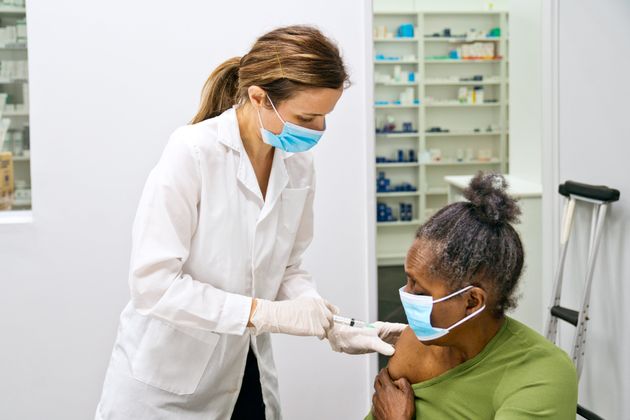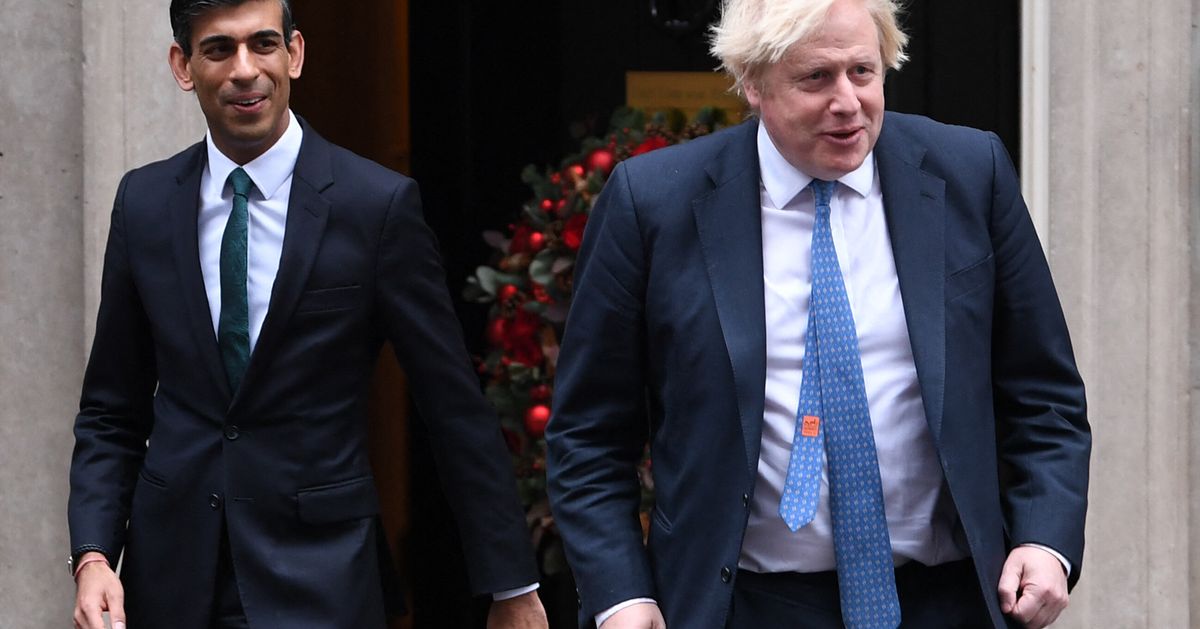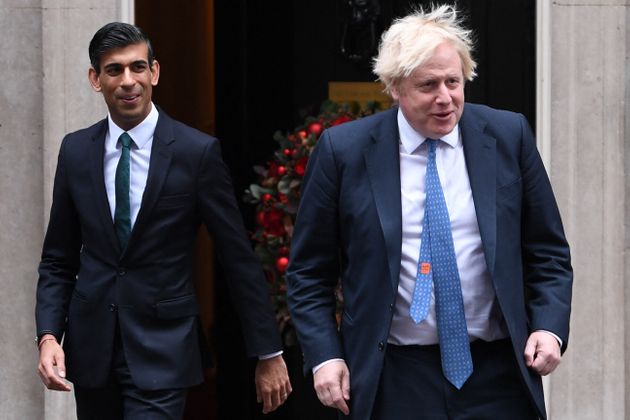At 15, I was his standout student and his kids’ occasional babysitter, unabashed in my adoration.
I looked forward to his classes with a thrill that could make me feel sick. I studied harder for his tests than I would ever study again. When he and his wife were out on dates, I would sit at his desk after their kids were asleep, beneath bookshelves full of thick spines, spillover stacks surrounding his computer, some volumes splayed open to pages littered with underlines, and think, Someday I’ll find someone like this.
I was in my late 20s and living in Brooklyn, nearly 3,000 miles across the country, when he left the desk and the house and the wife and stored all of his books in a shed outside a tiny rental cabin at the top of a cliff.
He came to New York and we got coffee and talked about God and I called him Mister. Then we exchanged writing, piles of it, and overnight knew more about each other than almost anyone.
From a distance we discussed meeting up again someday, this time for a beer.
“It’s difficult, isn’t it, to keep an imagination in check?” I asked at the end of a long email.
“A little imagination ain’t so bad,” he assured me with a winking face emoji, but any innuendo was subtle and carefully crafted ― and besides, I was never coming home.
“How are you doing? Are things OK?” he texted one day in March.
“I actually came home,” I responded. And that was that.
Early on we agreed to keep it casual. We decided it was likely only for the lockdown, while the world fell apart and we were lonely. We asked “Why not?” and disregarded every answer.
We walked the woods, then the beach, then ― fancying ourselves quite quarantined in a place barely touched by the virus ― we went inside. From opposite couches, we passed a hundred hours just talking about everything: history and philosophy and the protests and Taylor Swift, later and later into the evenings, drinking my dad’s good wine from pint glasses.
When he asked if he could kiss me one night in July, sitting on the floor with our legs already touching, it felt only the tiniest bit taboo. The 20 years between us didn’t matter. He spent his life with high schoolers, and was more up to speed than I was on the trends and lingo of Gen Z. I felt desperate to reaffirm my autonomy and adulthood after moving into my parents’ guest room, and I liked confiding in a man with history, the years gathered at the edges of his eyes.
It seemed every woman my age was about to have a baby. I was behind, and now dating was against the rules and dangerous. But driving home from his house in the middle of the night, I felt interesting and boundless; I felt bad for all the women with the babies.
In August, we listened to Taylor Swift’s new album on repeat. I can see us twisted in bedsheets, August sipped away like a bottle of wine. We spent hours in bed. We took his boat out and jumped from the side. We sat close on a bench, watching constellations climb. But if what you want is a pop song, you can turn anything into a summery montage and fall in love with the lyrics. Mostly, we stayed inside doing nothing.
What started as a month-long lockdown swelled into a season, then two, then three. Our temporary tryst became less and less temporary. Trump was the president, then not the president. School was remote, then not remote. We were depressed, then not depressed, then depressed again.
At some point I bought a house, and on New Year’s Eve we lay on the floor on a mattress still covered in plastic, construction dust and power tools in disarray, fireworks popping, and it felt OK.
Looking back, it wasn’t that the student/teacher dynamic had truly dissolved; it had just gone dormant, as so many things did during the pandemic.
But it didn’t matter that I owned a house and he rented, or that my kitchen had actual wine glasses in it, or that I had dating history and he didn’t, or that I’d lived in cities around the world while he’d stayed in our small town. The badges of adulthood that confirmed we were equal weren’t enough.
As our community began to reopen, something was shifting between us. He was suddenly reiterating that he didn’t feel guilty about what we were doing, which of course meant he felt guilty about what we were doing. He was suddenly firming up boundaries. He was suddenly treating me like a child.
And more and more, I started to feel like a child. I stopped caring about whether he wanted to sleep with me. All I wanted was for him to be proud of me like he was at the beginning, from opposite couches, with no expectation. Or before that, even: when he was still Mister and we were meeting up in my city; when I was telling him about my work and he was beaming; when I was nothing but his precocious student who’d happened to grow up, and all we shared was admiration.
“There are few joys greater than witnessing a student surpass the teacher,” he’d written to me then. Now I was sitting with my legs over his, but I was flailing.
At the end of April, I stayed up straight through multiple nights reading the accounts of Blake Bailey’s gradual, insidious grooming of his young students, my throat clenched like a fist. It bothered me, even though there was no comparison to be made. The man I spent occasional evenings with had never, in my experience or to my knowledge, caused a student to feel uncomfortable.
Still, if there existed, in our community, a cult of the charismatic male teacher, he was its idol. And it did exist; I’d been a member for half my life.
The week after the news broke, I sat up in bed, arms around my knees. I couldn’t get it out of my head. We had done such a seamless job believing that our history didn’t matter, but what if we were wrong?
“What are you thinking about?” he asked, smoothing my hair. I was thinking about the comments I’d read from countless teachers about how students they met as children remained children in their minds, regardless of age ― about the indestructibility of the student/teacher dynamic. When I tried to talk to him about it, he laughed it off, then left early.
We never touched those dynamics in the bedroom. There was no shame or scandal between us, not ever, not even close, until there was. The secrecy that had been inevitable in a lockdown had come to feel illicit after it was over, and I was becoming increasingly aware of my nakedness, embarrassed. What had been irrelevant in private was not irrelevant in public.
Soon after, he invited me to a local vineyard for wine and music, and I was hopeful that it was a turning point. After so much isolation, we could finally prove that the thing we said wasn’t a secret wasn’t a secret.
The next day, my phone pinged with a follow-up text:
“OK, this is hilarious!” he started. The invite, he explained, hadn’t been for me. It was meant for someone else. “I am such a doofus,” he said.
I could have said anything else, something measured and mature, but I didn’t. It was the way it was a joke that broke me. A part of me wanted to be stabbing and juvenile because that’s how he’d made me feel, that’s what I was trying to throw back at him: Fine, you want to condescend, you want to treat me like a child? Watch how childish I can be.
I should have known that the post-pandemic public wouldn’t see us together ― that had been, after all, our expiration date from the beginning, back when the lockdown was fleeting and my life was elsewhere. But I didn’t anticipate how I’d come to rely on him, how bad it would feel to be denied by him, following the return of an external gaze.
I wanted him to be proud of me and instead he was ashamed. Both betrayed what was running molten beneath our feet, which was that, despite a year of intimacy, as soon as time was unsuspended and public life resumed, he was still my teacher; I was still his student.
And then he asked me to return his books ― not over coffee, not to his house, not in a neutral parking lot where we could hand off belongings and hug each other goodbye, but to the front office at the high school, a building I hadn’t been back to in over a decade.
He’d promoted me and now he was demoting me again, summoning me to the place where it started, where he still strolled the halls with a halo of admirers, and I was long forgotten.
Olivia Rodrigo’s debut album had just come out, and I decided to listen through it, as he and I had done with Taylor’s album the summer before. It was raining. When I got to the turnoff to my house, I kept driving. When I got to the high school, I slowed down but couldn’t bring myself to stop. Red lights, stop signs, I still see your face in the white cars, front yards… I’d gotten my driver’s license while I was in his class. I could still pick out the row where I used to park, near the track that lit up into a football field on Friday nights in the fall.
Can’t drive past the places we used to go to, ’cause I still fuckin’ love you, babe. I didn’t love him, which in a way was more disappointing than if I had. I’d loved him my whole life. Now there was a human where my hero had been.
Once upon a time, I was a child who adored a teacher for the way he challenged me. This past year, I was an adult grateful for the conversation and companionship of the same man. Now, wherever my life ambles next, I don’t need to take him with me.
